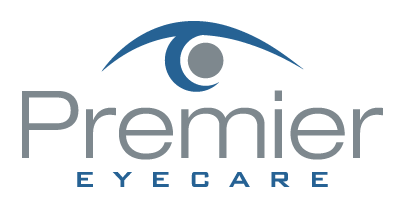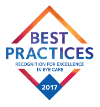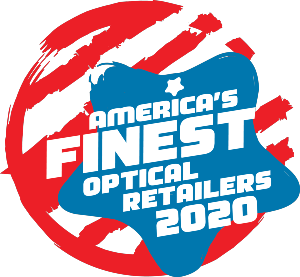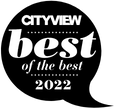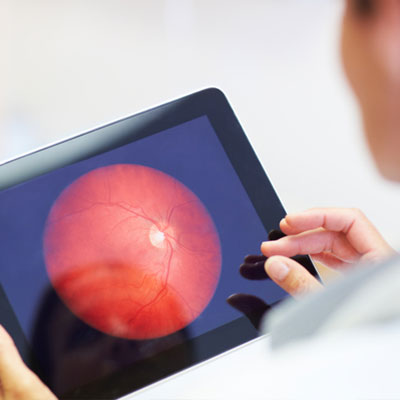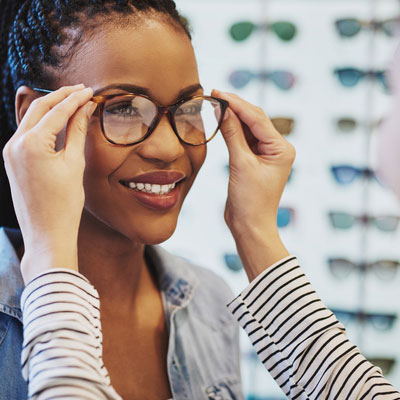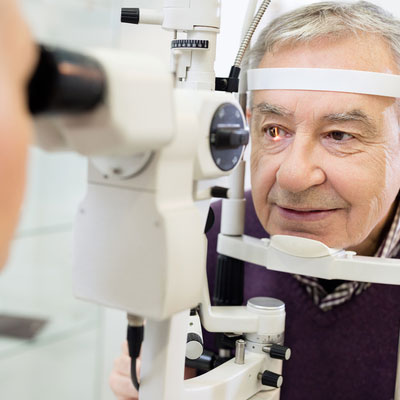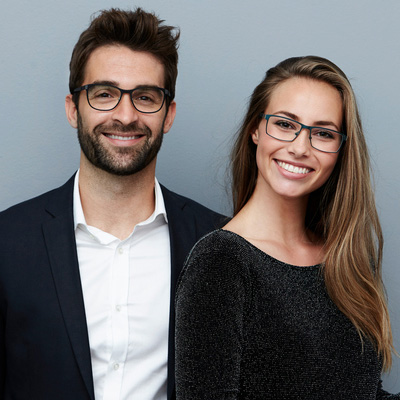Location & Hours
Get Directions11111 Kingston Pike
Knoxville, TN 37934
| Monday | 7:30 - 4:30 |
| Tuesday | 7:30 - 4:30 |
| Wednesday | 7:30 - 4:30 |
| Thursday | 9:00 - 6:00 |
| Friday | 7:30 - 1:00 |
| Saturday | Closed |
| Sunday | Closed |
- Written by Premier Eyecare
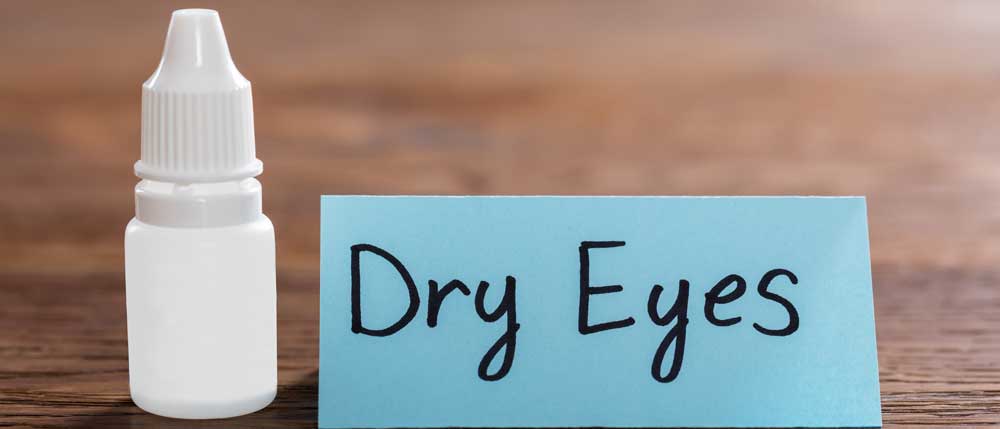
As an eye doctor, diagnosing a red eye can be challenging. Are we dealing with an infection, allergy, inflammation or dryness?
One of the most common questions I get is, “Doc, my eyes are red, burning, itchy, and tearing. Is this dry eye or from allergies?” The short answer is it could be one, both or neither. I’ll outline various ways these conditions present clinically and the treatments for them.
The hallmark symptom of allergy – meaning if you have this symptom you almost...
- Written by Premier Eyecare
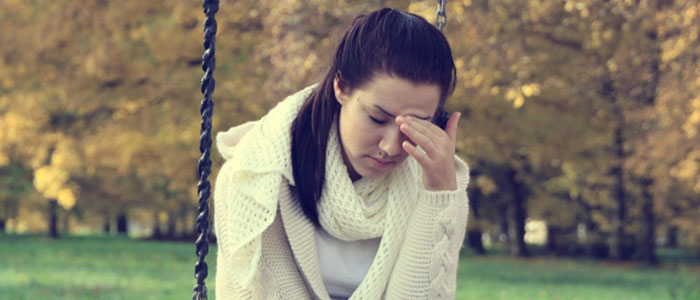
Itching, burning, watering, red, irritated tired eyes... what is a person to do? The symptoms aforementioned are classic sign of Dry Eye Syndrome, affecting millions of adults and children. With increased screen time in all age groups, the symptoms are rising.
What causes this? One reason is that when we stare at a computer screen or phone too long, our blink reflex slows way down. A normal eye blinks 17,000 times per day. When our eye functions normally, the body produces enough tears to be symptom free, however, if you live in a geographical area that is dry, or has a high allergy rate, your symptoms could be worse.
Dry eye syndrome can be brought on by many factors: aging, geographical location, lid hygiene, contact lens wear, medications and dehydration. The lacrimal gland in the eye that produces tears, in a person over forty years old, starts slowly losing function. Females with hormonal changes have a higher incidence of DES (dry eye syndrome). Dry, arid climates or areas of extreme allergies lend to higher incidences of DES as well.
A condition of the eyelids, called blepharitis, can cause a dandruff like situation for the eye exacerbating a dry eye condition. Contact lenses can add to DES, so make sure you are in high oxygen contact lens material of you suffer from DES. Certain medications such as antihistamines, cholesterol and blood pressure meds, hormonal and birth control medication, and others may cause symptoms of a dry eye. Check with your pharmacist if you are not sure.
And finally, overall dehydration can cause DES. Some studies show we need 1/2 our body weight in ounces of water per day. For example, if you weigh 150 lbs, you need approximately 75 ounces of water per day to be fully hydrated. If you are not at that level, it could affect your eyes.
Treatment for DES is varied, but the main treatment is a tear supplement to replace the evaporated tears. These come in the form of topical ophthalmic artificial tears. Oral agents that can help are Omega 3 supplements such as fish oil or flax seed oil pills. They supplement the function of meibomian glands located at the lid margin. Ophthalmic gels used at night, as well as humidifiers, can add to moisturizing your eyes. Simply blinking hard more often can cause the lacrimal gland to produce more tears automatically.
For stubborn dry eyes, a method of retaining tears on the eye is called punctum plugs. They act like a stopper for a sink, they are painless and can be inserted by your eye care practitioner medically in the office. Moisture chamber goggles are used in severe dry eye patients to hydrate the eyes with their body’s own natural humidity. This may sound far out but it gets the job done.
Being aware of the symptoms and treatments for dry eye syndrome can prevent frustration, and allow your eyes to work more smoothly and efficiently in your daily routine. If your eyes feel dry as the Sahara, or the eyes water too much: know that help is on the way through proven techniques and products. You do not need to suffer needlessly in the case of Dry Eye Syndrome anymore.
The content of this blog cannot be reproduced or duplicated without the express written consent of Eye IQ.
